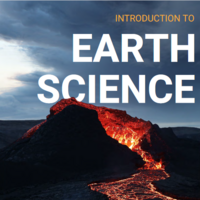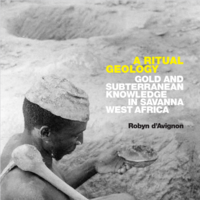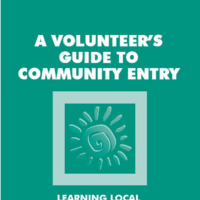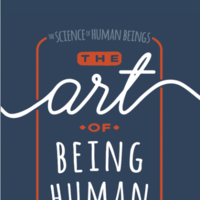Search
Books+
Searching 1,730 books
Search related to the career Geologist
How to Become a Geologist
Educational Requirements:
To become a geologist, you need to follow these steps:
1. Obtain a Bachelor's Degree: Earn a bachelor's degree in geology or a related field such as earth science, geophysics, or environmental science. This provides a strong foundation in the principles and theories of geology.
2. Gain Field Experience: Participate in fieldwork and internships to gain practical experience in geological research, data collection, and analysis. This hands-on experience is crucial for understanding geological processes and formations.
3. Consider a Master's Degree: Although not always required, obtaining a master's degree in geology can enhance your knowledge and job prospects. It allows for specialization in a specific area of geology and may be necessary for certain advanced positions.
4. Continue Learning: Stay updated with the latest advancements in the field by attending workshops, conferences, and seminars. Joining professional geological societies can also provide networking opportunities and access to valuable resources.
Career Path:
Once you have the necessary education, you can pursue various career paths as a geologist:
1. Industry: Work for mining, oil, gas, or environmental consulting companies, where you may be involved in resource exploration, environmental impact assessment, or geological hazard analysis.
2. Government Agencies: Join governmental organizations such as the United States Geological Survey (USGS) or state geological surveys to conduct research, monitor natural resources, or contribute to geological mapping projects.
3. Academia: Pursue a career in teaching and research at universities or colleges. This involves conducting research, publishing scientific papers, and mentoring students.
4. Consulting: Work as a geological consultant, providing expertise to various clients, including construction companies, land developers, or environmental organizations.
5. Non-profit Organizations: Contribute to non-profit organizations focused on environmental conservation, land management, or natural disaster response, where your geological knowledge can be applied to address critical issues.
Skills and Qualities:
To succeed as a geologist, it is essential to possess the following skills and qualities:
1. Strong Analytical Skills: Geologists must analyze complex geological data and draw meaningful conclusions from it.
2. Attention to Detail: Paying close attention to small details is crucial in geological research and mapping.
3. Problem-Solving Abilities: Geologists often encounter unique challenges and must devise innovative solutions.
4. Fieldwork Skills: Proficiency in conducting field surveys, collecting samples, and using specialized equipment is necessary.
5. Communication Skills: Geologists must effectively communicate their findings through reports, presentations, and scientific papers.
6. Curiosity and Passion: A genuine interest in the Earth's processes and a passion for exploration are essential for a successful career in geology.
Remember, pursuing a career in geology requires dedication, continuous learning, and a love for the natural world.
Source: Various AI tools
Georgics
Mining
Geography
Books tagged geography
Professors
Biology
Books tagged biology
Science
Books tagged science
Engineering
Books tagged engineering
Computer science
Searched in English.
























































